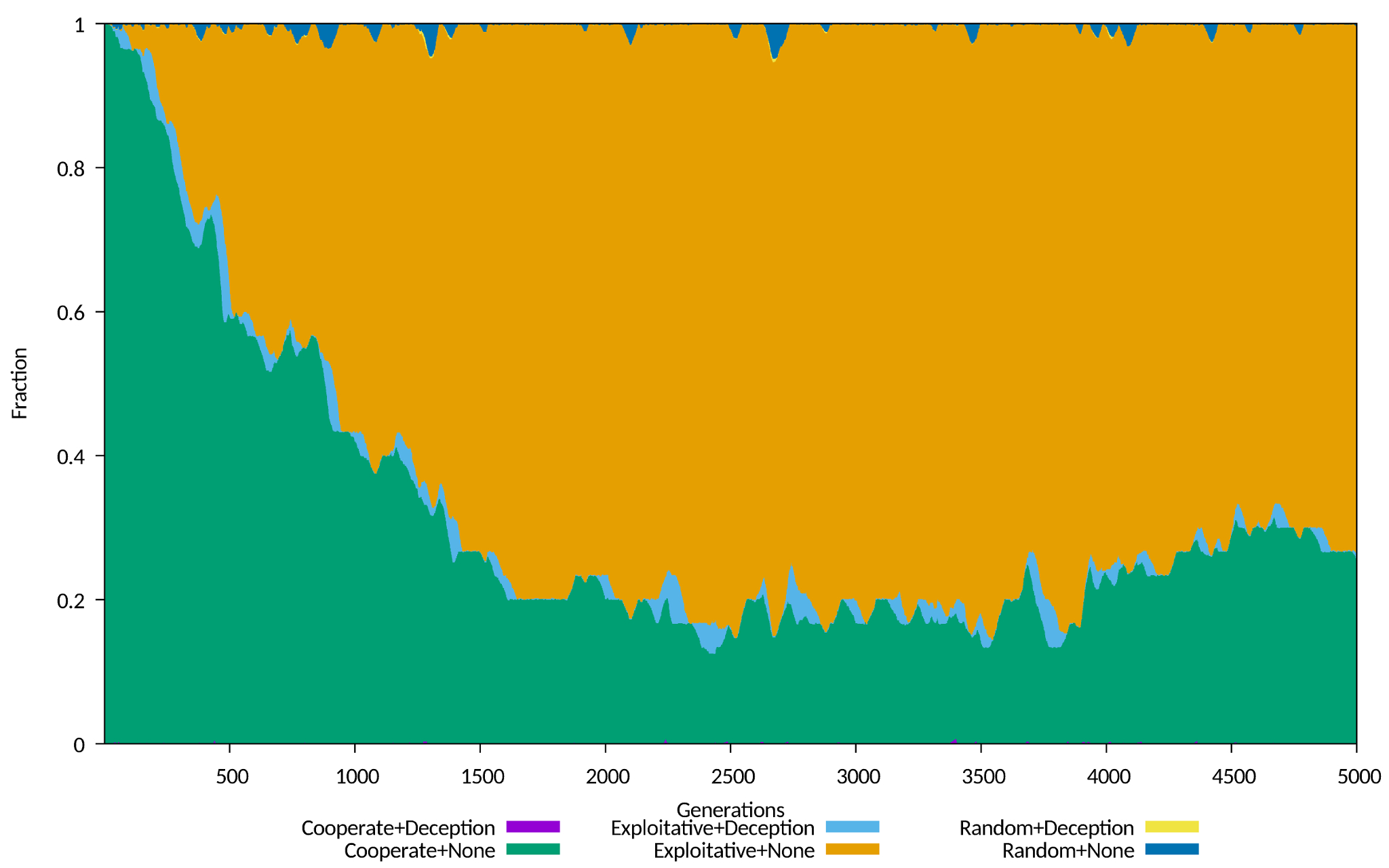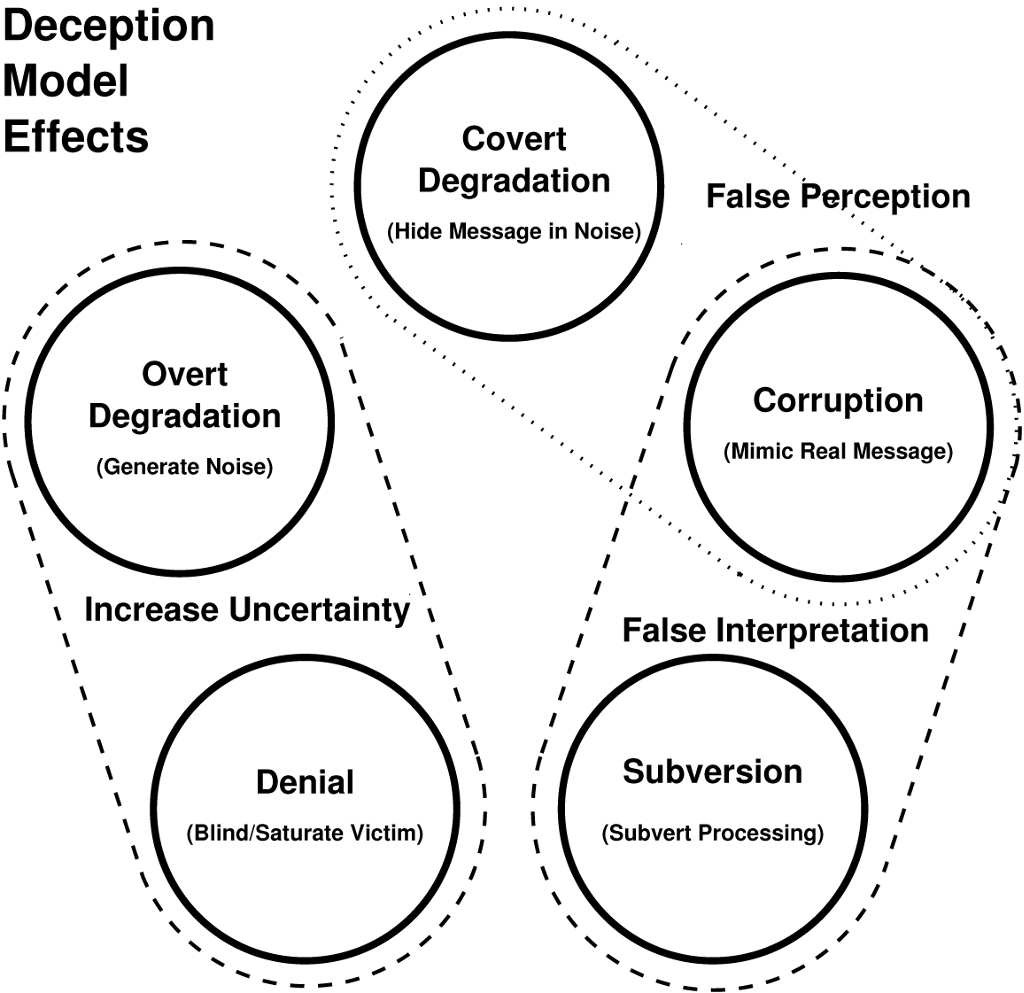 |
 |
 |
 |
 |
 |
 |
 |
 |
 |
 |
| Last Updated: Mon Feb 11 18:47:58 UTC 2019 |
 |
 |
 |
 |
 |
 |
 |
 |
 |
 |
 |
| Last Updated: Mon Feb 11 18:47:58 UTC 2019 |
| Available PhD Projects |
| Full fee scholarships and stipends are offered by Monash University for suitably qualified applicants |
 |
|
Applicants are expected to apply for government and university scholarships through Monash University’s standard procedures for higher degree student funding. |
| PhD applicants with honours or research masters degree in an applicable computing discipline should contact me by email at Carlo.Kopp@Monash.edu.
Curriculum vitae, references and an academic transcript of results are
to be presented on request. For PhD applicants for whom English is not
their first language, documentary evidence of English proficiency is
required (IELTS 6.5). |
|
PhD Research Projects on Offer |
| Evolutionary Impacts of Deception Supervisor: Dr Carlo Kopp Associate Supervisor: Dr Kevin Korb Funding: Full fee scholarships and stipends (~$27k) are offered by Monash University for suitably qualified applicants. Disciplines: Evolutionary Simulations, Agent-Based Models, Information Theory Project Overview: Agent-based computational simulations are now widely employed to study the evolution of behaviour, e.g., predator-prey simulations, the evolution of cooperation and altruism, the evolution of niches and food chains. These methods implement evolutionary processes in virtual populations of software agents and explore the evolution of their behaviour in diverse environments. Many behaviours that are not well understood in biological systems, that are difficult or impossible to measure in real environments, can be accurately captured and understood using these techniques. We are especially interested in exploring how deceptions, such as camouflage or mimicry, have impacted the evolution of species. Recent advances in the modelling of deception, using information-theoretic techniques, allow deceptions to be easily incorporated into evolutionary simulations. Agent-based modelling and information-theoretic models can be employed to explore how deceptions could have evolved in biological systems: their evolutionary advantages and what circumstances are favourable or unfavourable for their evolution. The intent is to explore what is known of deception in biology and evolutionary psychology and to contribute to the underdeveloped field of the evolution of cognition. This project is suited for a student with good skills in mathematics and computer science, and an interest in information theory and evolutionary science. PhD applicants with honours or research masters degree in an applicable computing discipline should contact me by email at Carlo.Kopp@Monash.edu. Curriculum vitae, references and an academic transcript of results are to be presented on request. For PhD applicants for whom English is not their first language, documentary evidence of English proficiency is required (IELTS 6.5). Previous Related PhD Projects: Lachlan Brumley |
|
Computational Modelling of Conformity in Social Systems Supervisor: Dr Carlo Kopp
Supervisor: Dr Julian Garcia Gallego Funding: Full fee scholarships and stipends (~$27k) are offered by Monash University for suitably qualified applicants. Disciplines: Simulations, Game Theory Project Overview: Computational simulations are now widely employed to study the behaviour of social systems, examples being market behaviours, and social media population behaviours. These methods rely heavily on game theoretical modelling, usually employing populations of software agents to emulate the behaviour of human populations. Researchers construct models, usually based on known games, and empirical data, and use these to explore how the population reacts to changes. Many behaviours that are not well understood in social systems can be accurately captured and understood using these techniques. An example is the Groupthink problem, that is commonly defined as a psychological phenomenon arising within a group of people, where the pursuit of conformity in the group results in an irrational decision-making outcome. It has been well studied in the management and psychology literature. The best course of action to maintain group cohesion leads to a very poor outcome for the group. A project exploring Groupthink would develop new computational methods for modelling Groupthink that can account for real-world complexity in agents’ behaviour, and build realistic enough models that can fit past and present empirical instances. This project is suited for a applicants with good skills in mathematics and computing, and an interest in game theoretic modelling methods. PhD applicants with honours or research masters degree in an applicable computing discipline should contact me by email at Carlo.Kopp@Monash.edu. Curriculum vitae, references and an academic transcript of results are to be presented on request. For PhD applicants for whom English is not their first language, documentary evidence of English proficiency is required (IELTS 6.5). Related Reading: Avoiding the Pitfalls of the Dunning-Kruger Effect and Groupthink |
|
Defining Network Quality of Service Metrics for Medical Applications Supervisor: Dr Carlo Kopp Supervisor: Dr Juanita Fernando Funding: Full fee scholarships and stipends (~$27k) are offered by Monash University for suitably qualified applicants. Disciplines: Medical Informatics, Computer Networks, Quality of Service Metrics Project Overview:
Networked digital diagnostic, monitoring and
patient treatment tools permeate medical practice. A plethora of
telemedicine, national and other eHealth records, injury assessment,
patient-specific devices, hospital theatre equipment tools have resulted
in a multi-billion dollar industry worldwide. Research suggests
the application of these tools to healthcare can improve clinical
workflows and patient care outcomes. There are no commonly agreed
metrics for Quality of Service (QoS) for medical applications, despite
the fact that QoS metrics have been exceptionally well studied in
digital IP and ATM networks, and are widely used for consumer services
such as voice, multimedia and data services. While many medical
applications are well aligned with the technology used in consumer
applications, and can take advantage of established metrics, many are
not, thus presenting risks of service impairments to patients and
providers.
We are especially interested in exploring what medical applications are compatible or incompatible with existing QoS metrics in wireless and cabled networks, encompassing the full gamut of network connectivity employed to run medical applications. We envisage the identification of robust QoS metrics for medical applications known to perform poorly with established QoS metrics. We would also like to explore the geographical distribution of available services in Australia, and where possible, establish available QoS performance, to map what medical applications are feasible for remote use across the geography. Methodology is necessarily mixed. There will be a significant survey component involving medical practicioners and providers, and also network / telecoms providers, to collect the required datasets of applications, services, and geographically available QoS data. The technical component will require assessment and possibly measurement of QoS needs for applications that are known to perform poorly in existing networks. These may include packet loss, jitter, error rates and bandwidth variations. This project is suited for a student with good skills in networking and computer science, and a strong interest in medical informatics. PhD applicants with honours or research masters degree in an applicable computing discipline should contact me by email at Carlo.Kopp@Monash.edu. Curriculum vitae, references and an academic transcript of results are to be presented on request. For PhD applicants for whom English is not their first language, documentary evidence of English proficiency is required (IELTS 6.5). |
 |
|
|||||||||||||||
| Artwork and text ¿ 1994 - 2010 Carlo Kopp; All rights reserved. |
| $Revision: 2.279 $ |